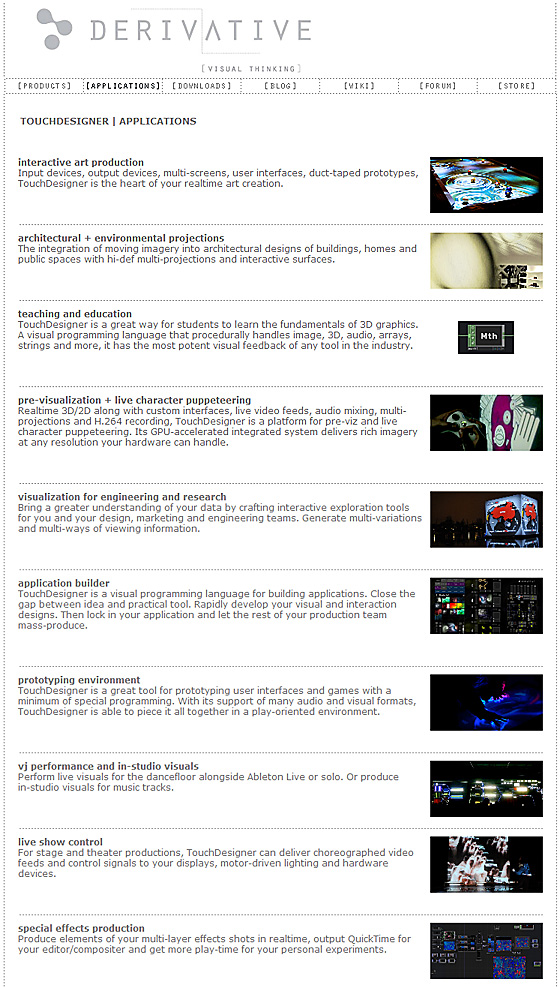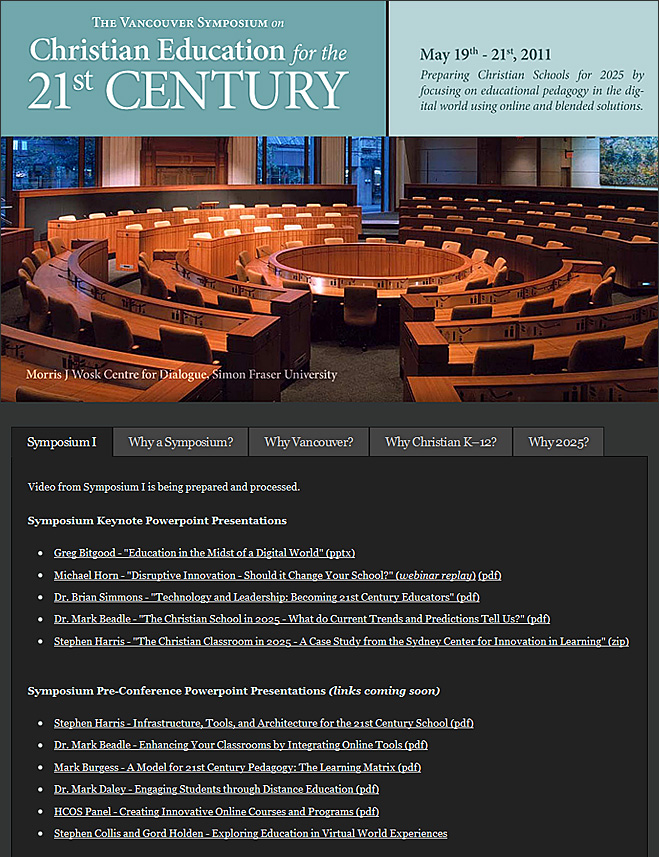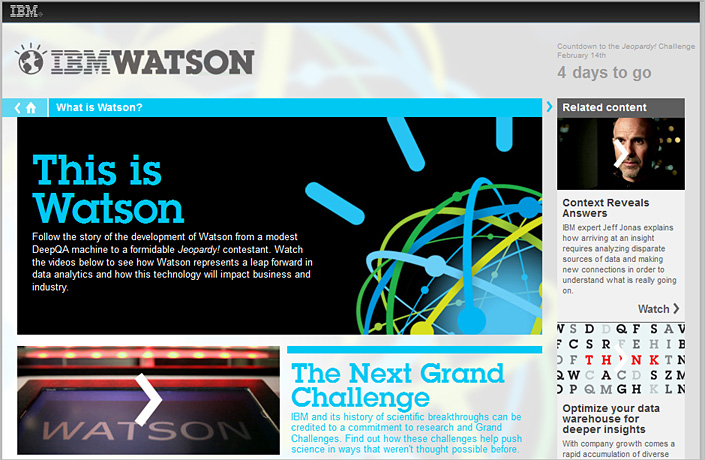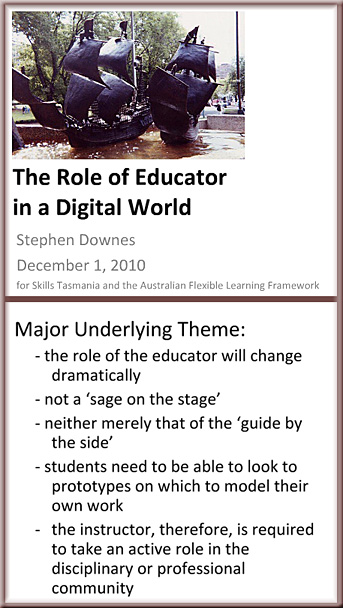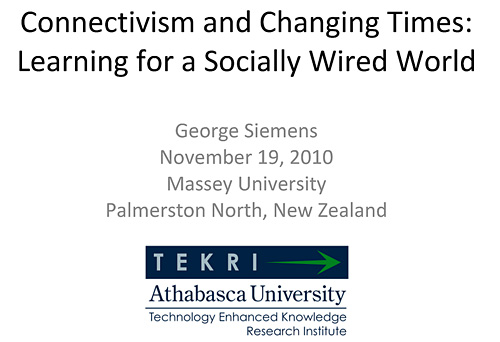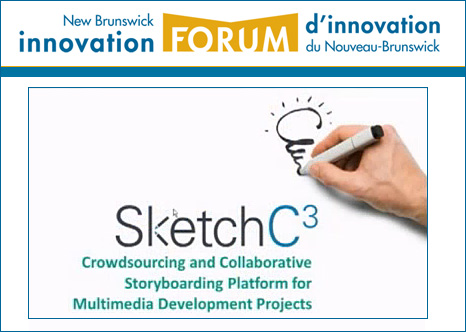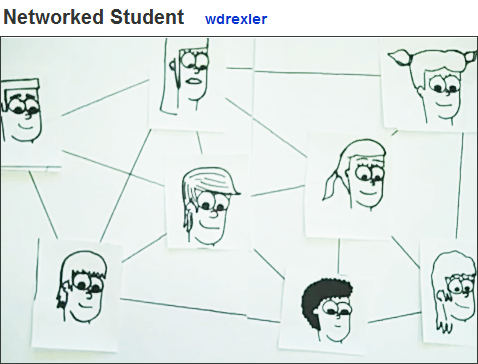Grades: the candle snuffer of the love of learning — from “for the love of learning” by Joe Bower
From DSC:
When I look at the gradebook functionality within Moodle, my head begins to spin. If we really need that much complexity built into our grading systems, we are probably emphasizing grades waaaaaaaaaayyyyy too much.
How can we get more towards passion-based education/learning?
Connectivism & Connective Knowledge in Action — from ZaidLearn
SketchC3 — Crowdsourcing and Collaborative Storyboaring Platform for Multimedia Development Projects
The Wild World of Massively Open Online Courses — from unlimitedmagazine.com by Emily Senger
Would you participate in a class with 2300 other online students?
In a traditional university setting, a student pays to register for a course. The student shows up. A professor hands out an outline, assigns readings, stands at the front and lectures. Students take notes and ask questions. Then there is a test or an essay.
But with advancing online tools innovative educators are examining new ways to break out of this one-to-many model of education, through a concept called massively open online courses. The idea is to use open-source learning tools to make courses transparent and open to all, harnessing the knowledge of anyone who is interested in a topic.
George Siemens, along with colleague Stephen Downes, tried out the open course concept in fall 2008 through the University of Manitoba in a course called Connectivism and Connective Knowledge, or CCK08 for short. The course would allow 25 students to register, pay and receive credit for the course. All of the course content, including discussion boards, course readings, podcasts and any other teaching materials, was open to anyone who had an internet connection and created a user profile.
“The course was the platform, but anyone could build on that platform however they wanted,” says Siemens. “There’s this notion that technology is networked and social. It does alter the power relationship between the educator and the learner, a learner has more autonomy, they have more control. The expectation that you wait on the teacher to create everything for you and to tell you what to do is false.”
The Broken Accreditation System — Quote below from Stephen Downes
Links to an article by Ben Miller at The Quick and the Ed — dated August 6, 2010
Per Downes:
I have long said the accreditation monopoly will be ended, and though this looks like an attack on the for-profits, it is actually the first brick through the window of the accreditation system. Not that the for-profits are blameless – far from it. They have gamed the system mightily. “The first two hours of the hearing were devoted to damning undercover video of admissions counselors encouraging prospective students to lie on aid applications; inflating career earnings potential; and admitting they weren’t going to repay $85,000 of their own loan debt.” But as nothing will change the nature of the private sector, the only locus of reform will have to be the accreditation system itself. Thus we read, “there are some fundamental problems about accrediting agencies and the accrediting system that hurt its ability to provide the oversight and accountability functions we desire.” This will end only with the end of legislated accreditation, and though the government money may be harder to obtain (as, inevitably, it will be) the floodgates will be opened. It can end no other way.
From DSC:
This is yet another part of the “perfect storm” that’s brewing in higher education.
Also see:
http://www.quickanded.com/2010/08/the-broken-accreditation-system.html









